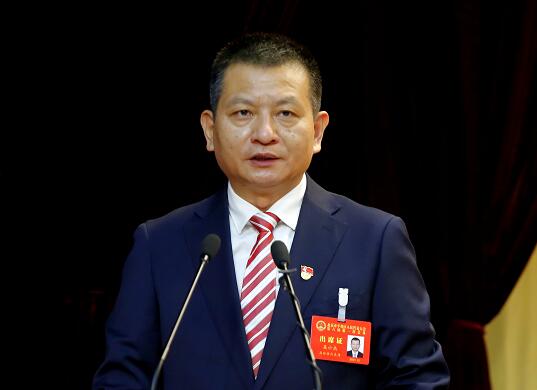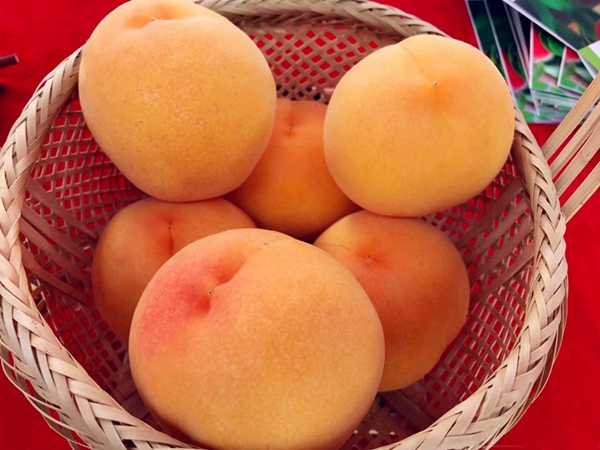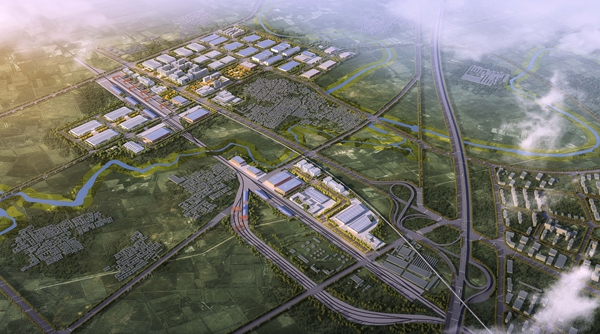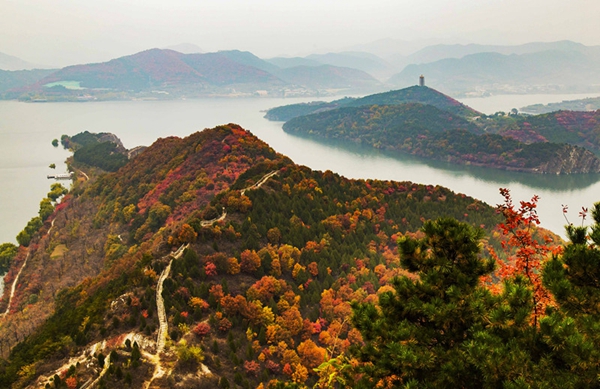Beijing's Pinggu district maps out plans for green and sustainable development
 0 Comment(s)
0 Comment(s) Print
Print E-mail China.org.cn, December 17, 2021
E-mail China.org.cn, December 17, 2021
Agriculture, logistics and ecological construction will be the three focuses of Pinggu in the Beijing suburban district's pursuit for high-quality development over the next five years, the district's lawmakers decided on Dec. 16.

The first conference of the 6th Pinggu People's Congress concluded that day. During the conference, Wu Xiaojie, head of the Pinggu district government, delivered a work report for the review of the deputies.
The report, which was adopted by the deputies later, has drawn the development path of the district over the 14th Five-Year Plan Period (2021-25) that the district will develop high-tech agriculture, increase its logistics volume and promote leisure industries related to its well-preserved ecology and natural environment.
This is also in line with the development objectives the Beijing municipal authorities have set for the district — ecological reserve and screen in the east of the city, demonstration zone for leisure and green economic development, model of innovation in high-tech agriculture, and comprehensive logistics hub of the capital city.

Pinggu has rolled out many supporting policies to cultivate agricultural science and technology research factors, and attract investment and talents in the field.
It established an agricultural science and technology achievement transformation center, an academician work station and a number of research centers, institutes and labs in agriculture.
The district aims to build a logistics hub in the Beijing-Tianjin-Hebei region. It plans to increase its road and railway transportation capacity to 40 million tons combined, account for about one-sixth of the city's total.

Its logistics industrial park covers an area of 3.1 square kilometers. With five major industries of agriculture, retail, auto, smart logistics and mining and construction, the park has attracted 36 major companies in these fields, and its production output hit 5.5 billion yuan ($864 million) from January to October this year, up 76% year-on-year.
As for the ecological construction and green development, Pinggu is now a pilot zone in that regard recognized by the Ministry of Ecology and Environment.
The Pinggu district government said that it will further improve the ecological space protection system, strengthen spatial and land resource management, defend the "red line" for ecological protection.
Pinggu will promote the continuous improvement of air quality, strengthen soil protection, and implement compulsory household garbage classification.

The government will strictly control and prevent plastic pollution, improve the capacity for collecting, transporting and emergency treatment of medical waste, enhance its management capacity of hazardous wastes, and promote environmentally friendly and energy saving construction projects and buildings.
The district will also cultivate characteristic ecological culture, raise the public awareness on the importance of ecological preservation, and create an atmosphere of joint efforts by the whole society to engage in ecological conservation.
The district regards eco-tourism as a green project to enrich the people's life, and it promotes the building of high-quality home stay cluster.






Go to Forum >>0 Comment(s)